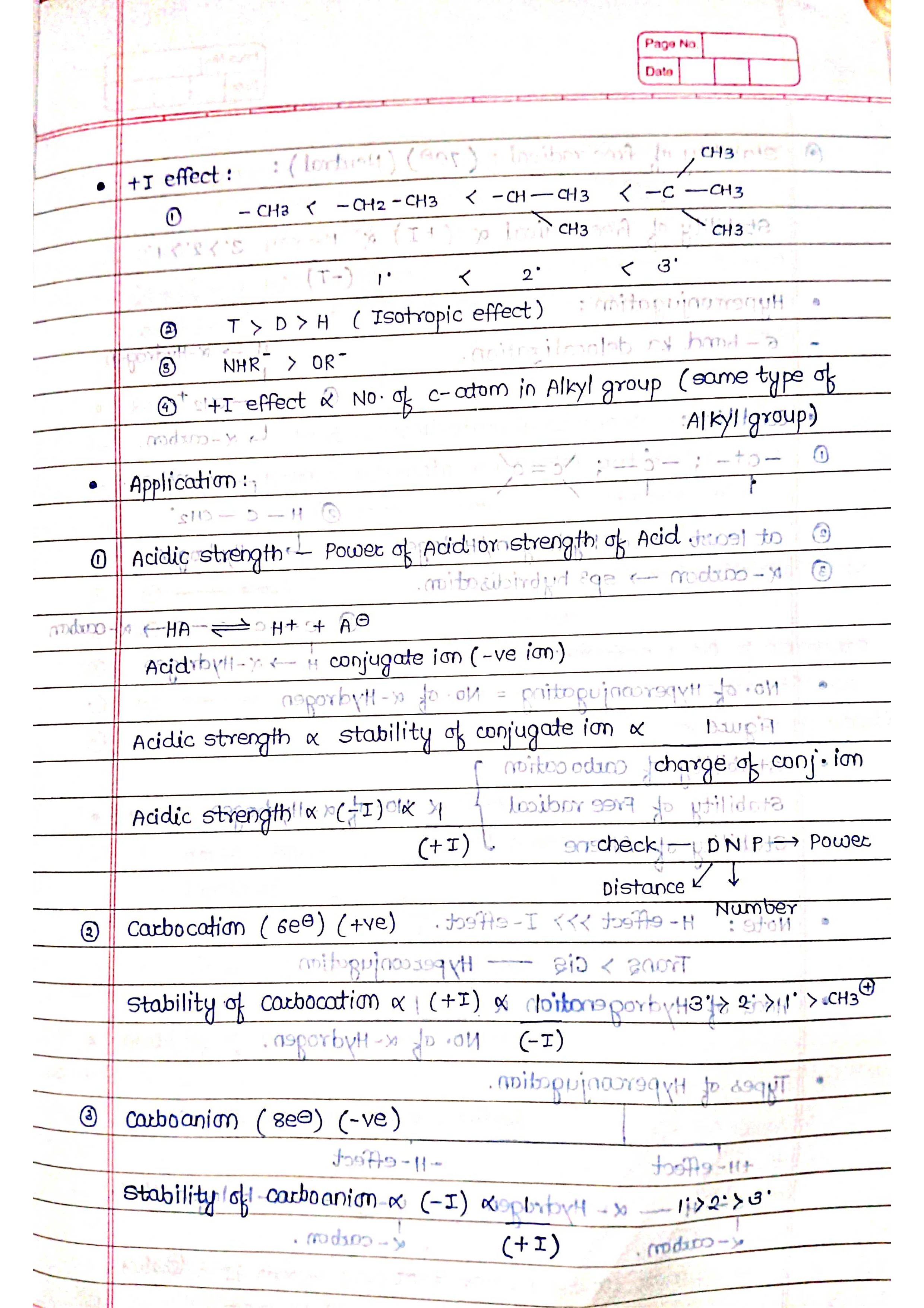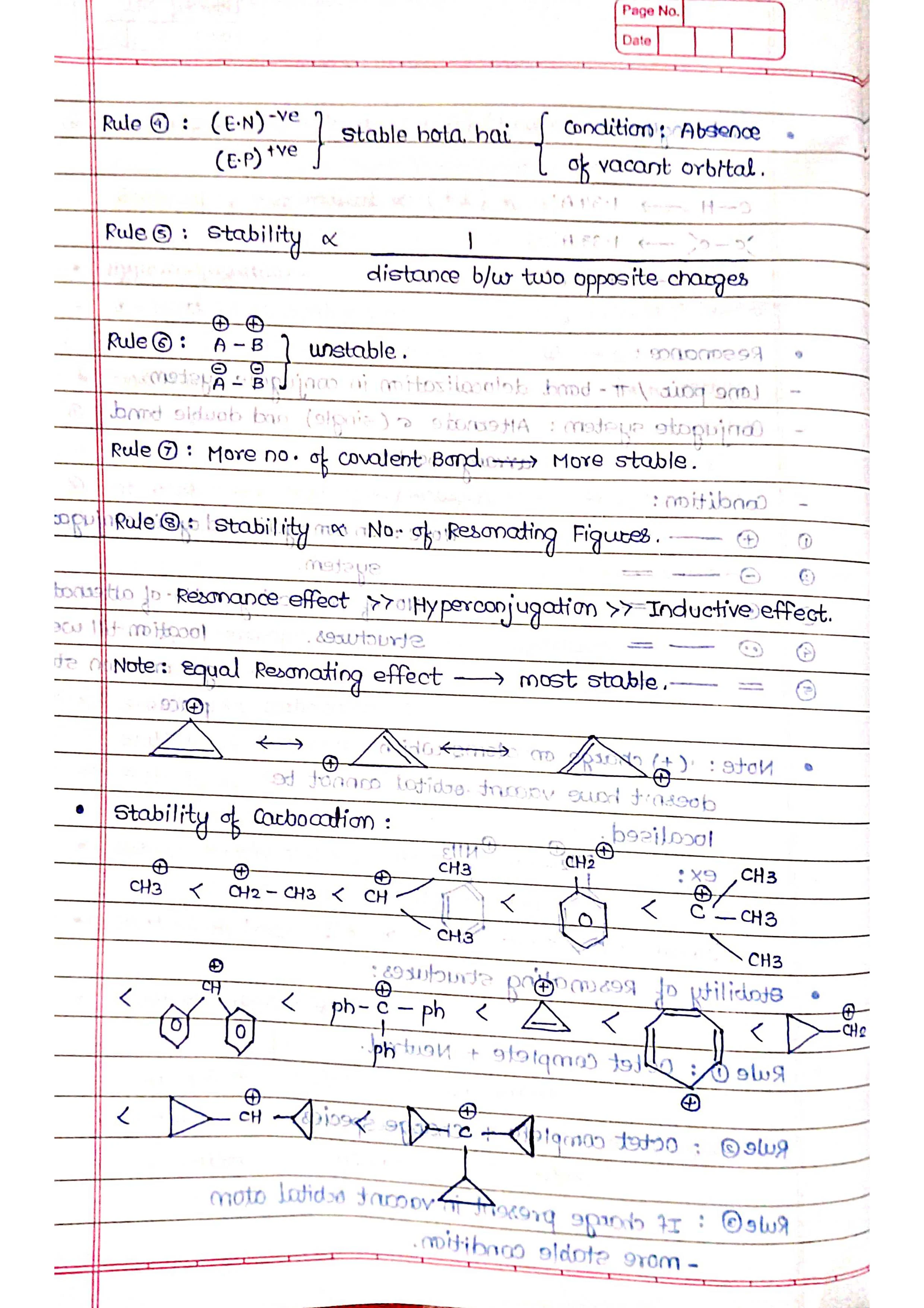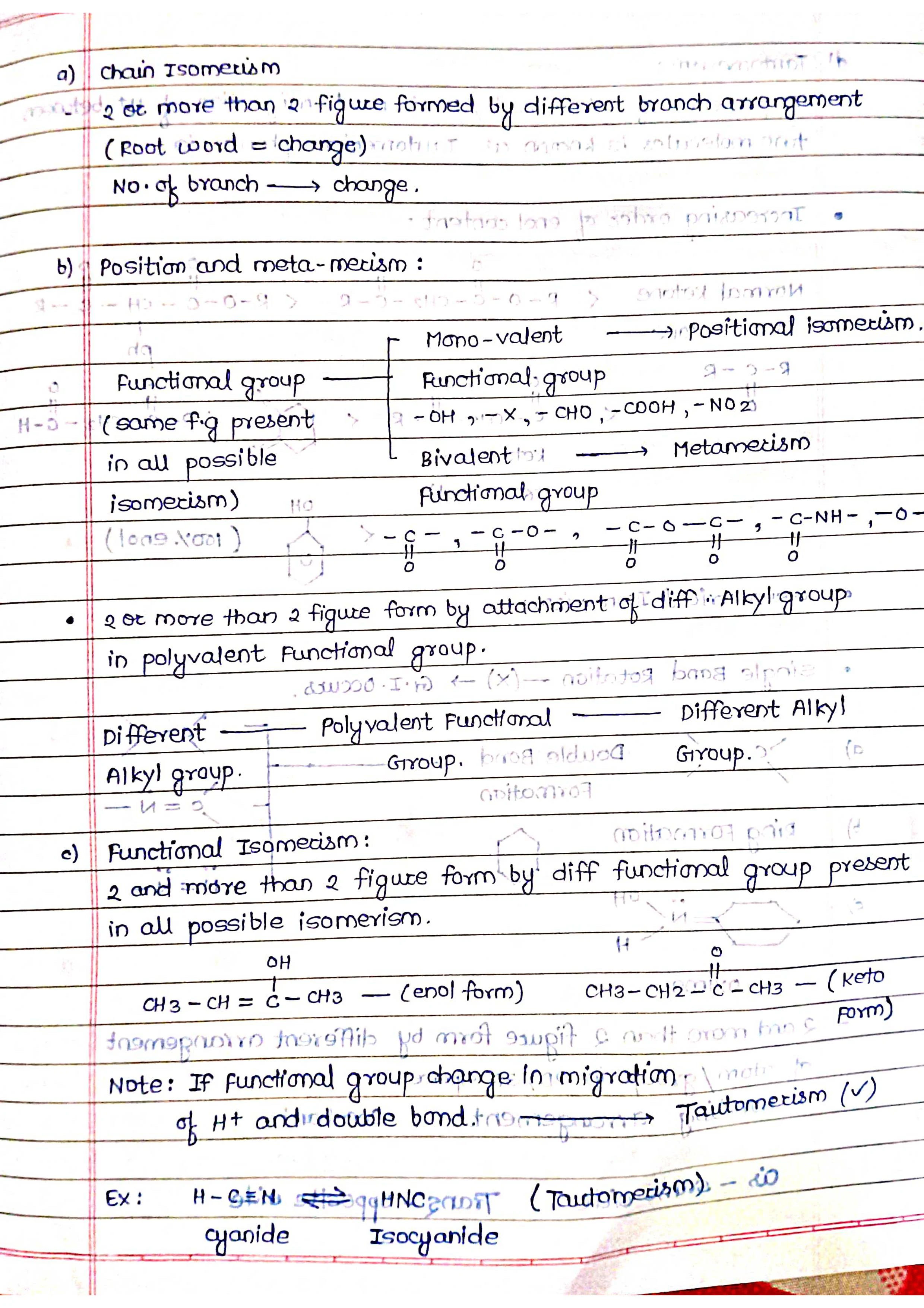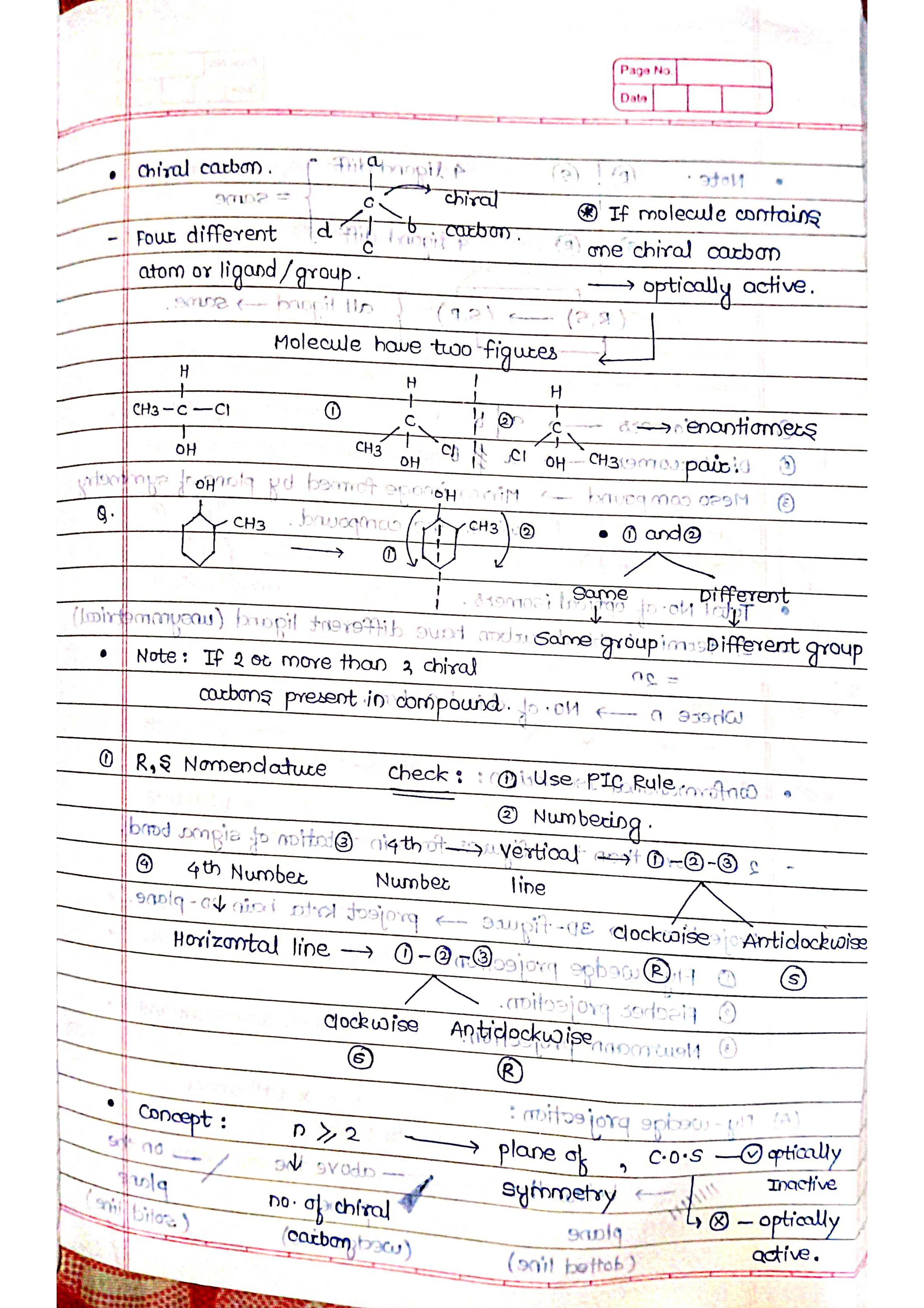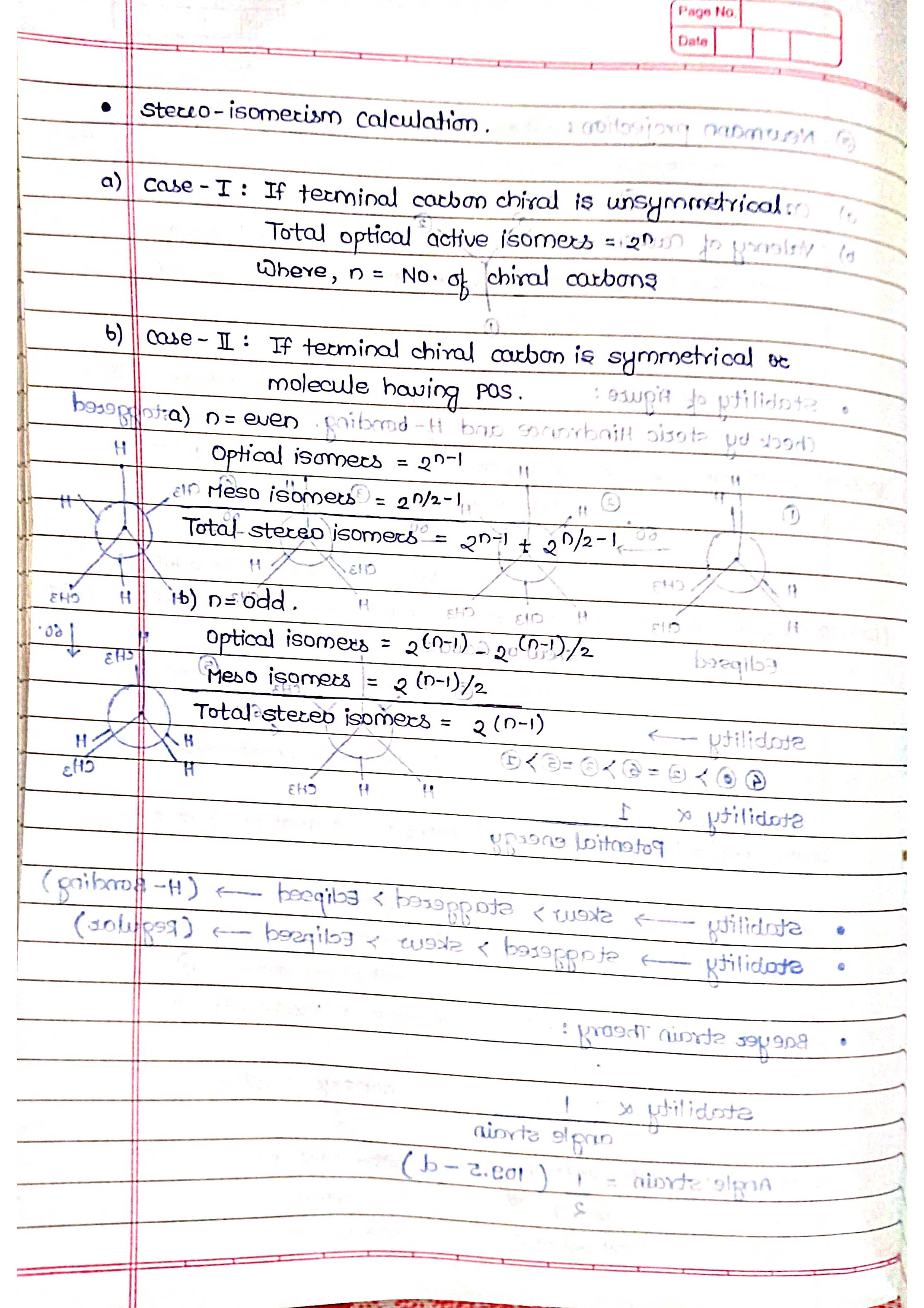General Organic Chemistry (GOC) is the foundational branch of organic chemistry that studies the structure, properties, reactions, and preparations of carbon-based compounds. It lays the groundwork for understanding more complex topics in organic chemistry, such as biochemistry, medicinal chemistry, and materials science.
Here are some of the key concepts covered in GOC:
➭ Structure and Bonding: This covers the Lewis dot structures, hybridization, and shapes of organic molecules.
➭ Functional Groups: These are specific arrangements of atoms within a molecule that give it unique chemical properties. Examples include alcohols, alkenes, ketones, and carboxylic acids.
➭ Stereochemistry: This is the study of the three-dimensional arrangement of atoms in a molecule. It is important for understanding the reactivity and biological activity of organic molecules.
➭ Organic Reactions: GOC covers the fundamental principles of organic reactions, including reaction mechanisms, kinetics, and thermodynamics.
➭ Nomenclature: This is the system of naming organic compounds. The International Union of Pure and Applied Chemistry (IUPAC) system is the most widely used system.
➭ Spectroscopy: Spectroscopic techniques, such as NMR and IR spectroscopy, are used to determine the structure of organic molecules.
Studying GOC is essential for anyone who wants to understand the vast and diverse world of organic chemistry. It has applications in many fields, including medicine, materials science, agriculture, and environmental science.
Chemistry Handwritten Short Notes 📚 for Class 11 & 12 | Free PDF Downloads
GOC - Some additional resources that you may find helpful





.jpeg)

